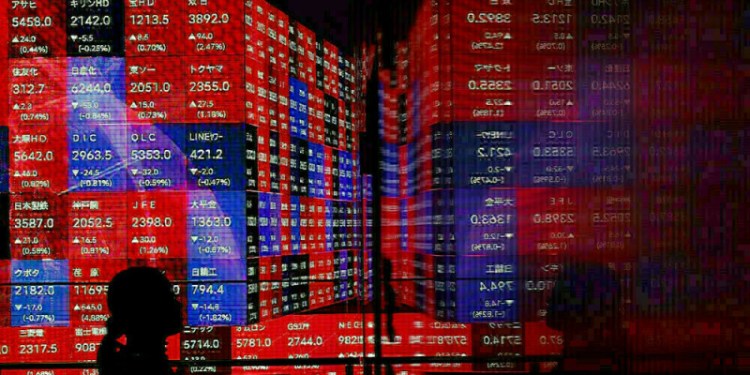Investor (LSE: 0NC5.L – news) confidence in Germany fell unexpectedly in May as uncertainty over a possible exit by Britain from the European Union overshadowed strong growth data, a leading survey showed on Tuesday.
While official data earlier showed that Europe’s biggest economy grew by 0.7 percent in the first three months — double the growth rate of the preceding quarter — investor confidence took a surprise tumble.
The investor sentiment index calculated by the ZEW economic institute decreased by 4.8 points to 6.4 points in May, the think tank said in a statement.
Analysts had projected a slight increase in the index this month to around 12 points.
“The strong growth of the German economy in the first quarter of 2016 appears to have surprised the financial market experts. However, they seem not to expect the economic situation to improve at the same pace going forward,” said ZEW president Achim Wambach.
“Uncertainties regarding developments such as a possible ‘Brexit’ currently inhibit a more optimistic outlook,” he said.
Britain goes to the polls on June 23 to decide whether to remain in the European Union.
For the survey, ZEW questions analysts and institutional investors about their current assessment of the economic situation in Germany, as well as their expectations for the coming months.
The sub-index measuring financial market players’ view of the current economic situation in Germany increased by 5.4 points to 53.1 points in May, ZEW said.
Earlier, the federal statistics office Destatis said that first-quarter growth was driven primarily by rising consumer spending and increased investment.
Investment expanded by 2.3 percent, with construction investment up on account of the mild weather. Private consumer spending increased by 0.4 percent and public spending rose by 0.5 percent, the data showed.
– ‘Surprisingly good start’ –
“The German economy got off to a surprisingly good start to 2016,” said BayernLB economist Stefan Kipar.
“But the unseasonably mild weather and increased spending related to the refugees provided a boost to growth. Without these special effects, growth would have stood at 0.4 percent in the first three months,” Kipar said.
Nevertheless, Natixis (LSE: 0IHK.L – news) economist Johannes Gareis sasid that the German economy’s “blockbuster performance in the first quarter won’t be repeated in the second quarter.”
Overall, “we expect that quarterly GDP growth will remain stuck between 0.3-0.4 percent for the remainder of this year. The implication is that in 2016 as a whole, Germany’s real GDP should increase by 1.6 precent,” Gareis said.
ING DiBa economist Carsten Brzeski was similarly cautious.
“Before anyone gets carried away, the increase in investments was not the start of a big investment boom which will make German growth more sustainable but just the result of a continuing construction boom,” he said.
“While the fears of a global recession at the beginning of the year have fortunately not come true, it is still too early to become overly enthusiastic about growth prospects for the coming next months,” Brzeski said.
Jennifer McKeown at Capital Economics said she also saw growth slowing “as recent boosts from falling oil prices and the euro’s depreciation fade. And we doubt that the German economy is strong enough to ensure a meaningful recovery of growth or inflation in the eurozone as a whole.”



























